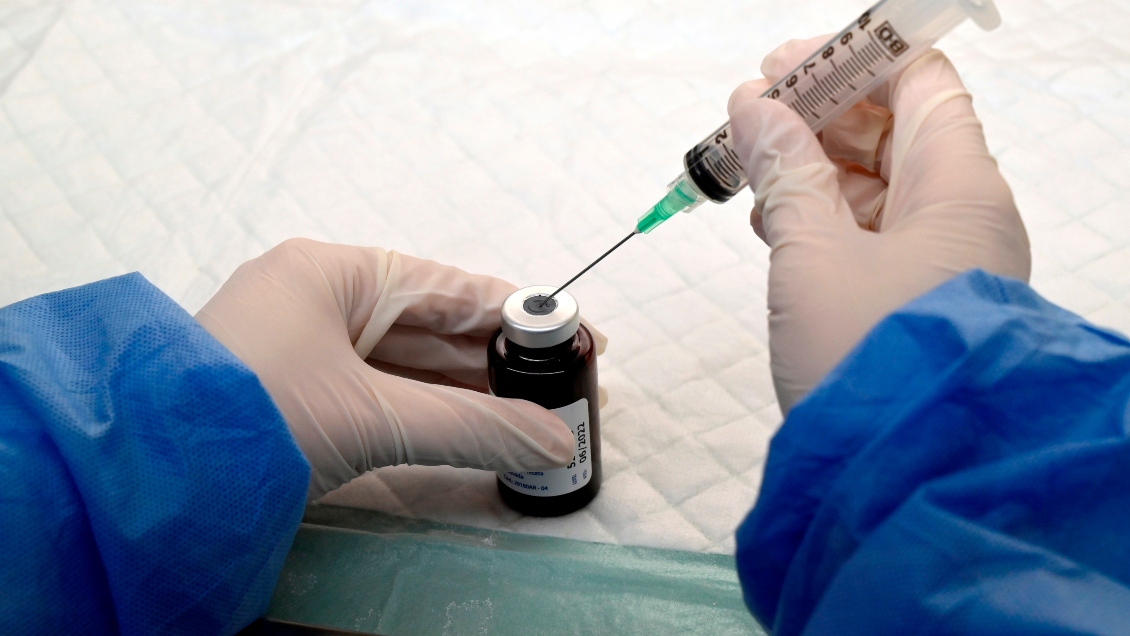A drug that acts as a “Troy Horse” tricking cancer cells into them and attacking them has been proven effective to slow the progression of aggressive breast cancer.
The results of the phase III trial DESTINY-Breast 03 have been presented this Saturday at the congress of the European Society of Oncology Medicine (ESMO), held online and in person in Paris.
In the fight against breast cancer, great efforts continue to be devoted to developing new treatments that help increase the available arsenal, because this tumor is the most frequent diagnosed among women and the leading cause of cancer death among them.
One of the lines that is achieving better results is the one that combines an antibody with a chemotherapy drug, what is known as antibody-drug conjugate or ADC.
Trastuzumab deruxtecan belongs to this class of treatment and acts as follows: the antibody binds to tumor cells and introduces chemotherapy to them, with good results.
“We are probably facing one of the best results in the history of breast cancer thanks to a new treatment that acts like a Trojan horse “, stressed the doctor Javier Cortés, first author of the study and director of the International Breast Cancer Center (IBCC).
THE STUDIES
Specifically, the phase III DESTINY-Breast 03 trial has evaluated the Efficacy of Trastuzumab deruxtecan in HER2-positive metastatic breast cancer patients and that they had already received treatments before.
The 75.8 percent of the patients who received the drug were keep the cancer from getting worse at 12 months, in front of 34.1 percent in the case of the group that received the standard treatment.
Furthermore, in a In 16 percent of cases, the tumor has disappeared after the administration of the new drug.
“This means that it would potentially be possible for a group of these patients to be cured“said Dr. Cortés, who believes that this drug” has achieved in a clinical trial of breast cancer the best results ever seen “, with what “will mean a change in the treatment paradigm of these patients, “he predicts.
Although the results of this trial were limited to HER2-positive breast cancer patients, its application is also being studied in HER2 negative patients and even in other types of tumors, such as colorectal and lung.
– .


